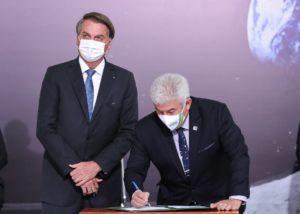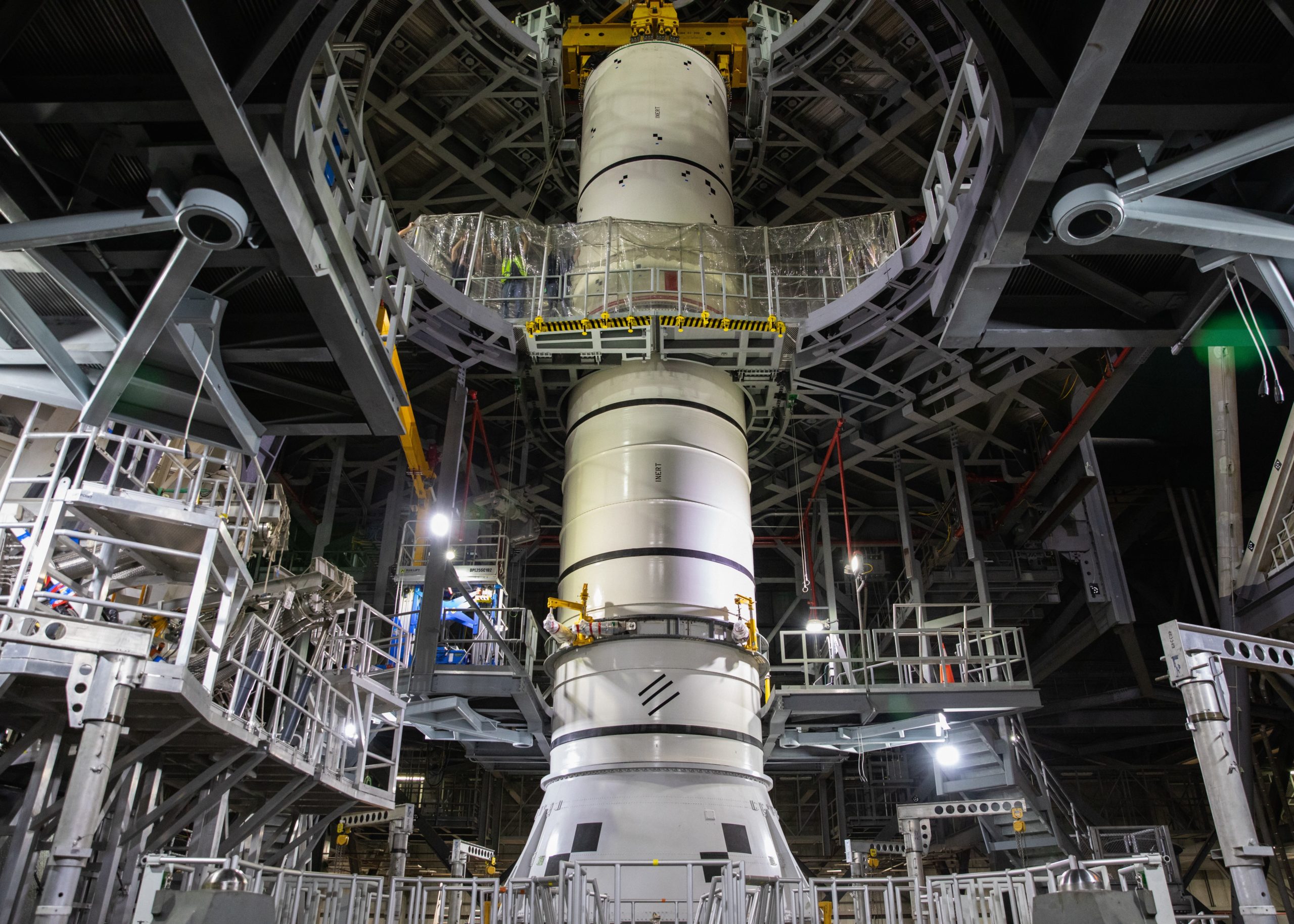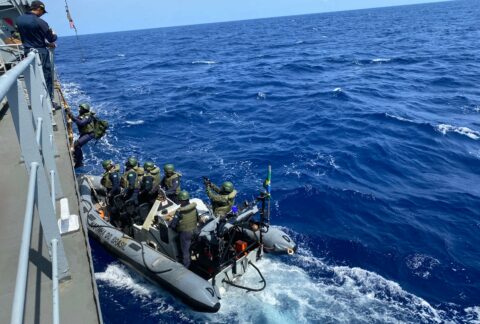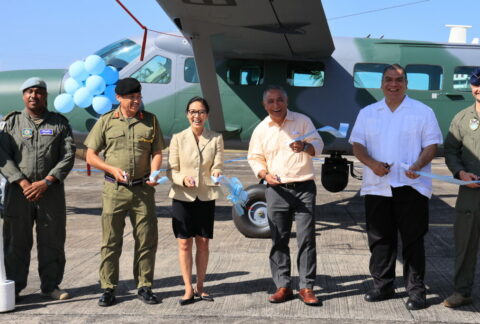The National Aeronautics and Space Administration’s (NASA) Lunar Artemis Program aims to bring the first woman and the next man to the surface of the moon in 2024. The initiative will contribute to developing technologies and experiences to organize a human mission to Mars.
The first step is scheduled for November 2021, with an unmanned flight to the moon, dubbed the Artemis I mission. The Artemis II mission is scheduled for August 2023, with a satellite flyover aboard a manned rocket. And finally, with the Artemis III mission in 2024, humans will walk again on lunar soil.
Part of the project is the construction of a station orbiting the moon, the Lunar Gateway, and a base for extracting water on the moon’s south pole, a region that has never been explored.

Space diplomacy
NASA has been seeking partners to achieve its goals. As of August, a total of 12 countries have signed the Artemis Accords, including the United Arab Emirates, Japan, and Luxembourg. Brazil joined the accords on June 15 and became the first country in South America to be part of the group.
NASA established the accords in 2020, in coordination with the U.S. Department of State. “While the Artemis program will be led by NASA, it will truly be an international effort, and Brazil will be an important part of it. The Artemis Accords were written to be inclusive,” U.S. Secretary of State Antony Blinken said during the accords signing ceremony in Brazil.
By becoming signatories of the Artemis Accords, countries recognize their mutual interest in the exploration and use of space, and establish a common vision to carry them out, based on the principles of peaceful purposes, transparency in activities, interoperability of systems, and dissemination of scientific data, among others. “Fundamentally, the Artemis Accords will help to avoid conflict in space and on Earth by strengthening mutual understanding and reducing misperceptions,” says NASA on its website on the Artemis Program.
Participation in the accords also presents an opportunity to cooperate with NASA. Brazil is currently in talks about the possible contribution of the Brazilian Space Agency (AEB, in Portuguese) to lunar soil research, “something that will connect with our mining and geological activities, which is a Brazilian strength,” said the president of AEB, Colonel (ret.) Carlos Augusto Teixeira de Moura, in an interview with Canalt









